It's you're lucky day; you've finally found a website that talks about wild animal repellant. Finally, you're about to find out what you need to...
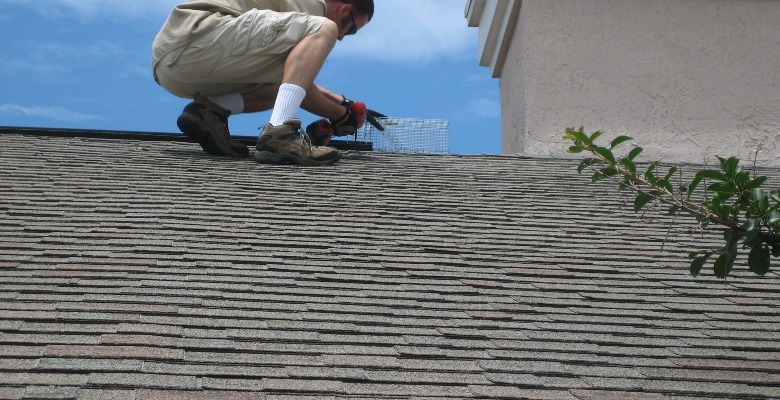
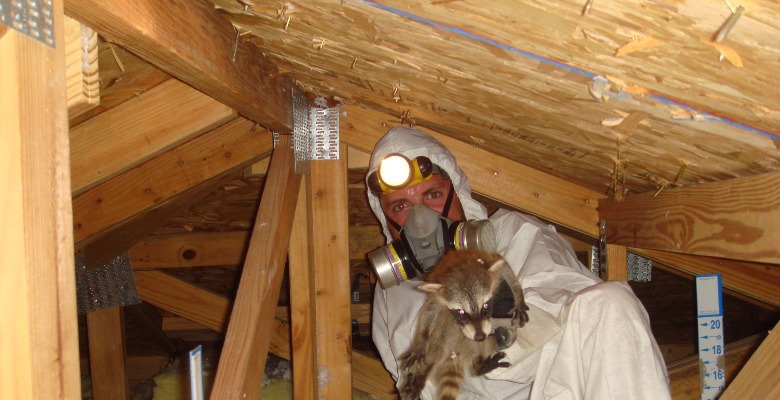
It starts off like something out of a horror movie; it’s late at night; you’re curled up on the coach under a blanket watching your favorite show; the house is quiet–almost. Then, though you’re not quite sure you heard it the first time, a sound of scratching behind you makes your blood run cold. Instead of a monster out of a Stephen King novel, however, the creature lurking in your house is one you’ve probably seen before and never thought twice about.
Such is the plight of many homeowners across the nation. Nuisance wildlife have moved in, and now they are chewing, scratching and pooping to their hearts’ content. Most of the time the invaders are mice, rats, or squirrels. The wild is a dangerous place for small rodents, and they are always looking for places of protection against creatures higher up in the food chain. Human homes make ideal living places for their warmth and security. Not only do larger predators shy away from human habitats (for the most part), there is often an abundance of food to be found in garbage cans, bird feeders, gardens, or simply as crumbs on the floor.
But why do rodents become so destructive once they are inside a home? The first thing humans need to understand is these animals aren’t doing it just to drive us nuts–even though it certainly seems that way. Wild animals tend to be active at night with the exception of certain squirrels. When you’re a small rodent, nighttime offers a bit of protection when moving around; if another animal can’t see you, it can’t snatch you up and make you dinner.
The next part of the puzzle is why rodents chew and scratch and make so much noise. Initially, these little guys are making themselves comfortable. They want a nest just like they would have outside, so they get right to work chewing a hole somewhere that appeals to them. Once the nest building is done, the regular life of these little guys moves into full-swing, and one thing rodents need to do is chew. Chewing on hard surfaces is how they keep their teeth sharp and short; without the ability to chew, a rodent’s teeth would grow so long they would be unable to eat and would eventually starve to death.
We can help! As America’s largest wildlife control company, we service over 1000 locations across the USA. Call us today to check our prices in your town.
As far as squirrels, rats and mice are concerned, there is nothing out of bounds when it comes to their need to gnaw. They will chew on anything from the wooden beams in your attic to the plastic pipes of your plumbing. Perhaps worst of all–and most dangerous–they will chew on the wiring in your home. Exposed wires can cause heat to build up, and when heat builds up neat insulation or other flammable material, the risk of a house fire becomes significant.
Thankfully, there are ways to stop those annoying chewing and scratching sounds you hear in your home. While it is usually wisest to call a professional to come and inspect the damage and the critters involved, homeowners can take the first steps by identifying areas of the home where critters might be getting inside.
Some animals are very obvious in their entry sites. Squirrels, for example, can be very destructive and can leave gaping holes in eaves or along a roofline. Mice and rats are more clandestine about their invasion; their entry points may be so small you wouldn’t even notice them on a normal day. Rodents can squeeze in through holes the size of a quarter, and it’s so easy to miss opening like this at the base of doors or around windows.
Once the points of entry have been identified, you or the professional you hired can start working toward the removal of the nuisance wildlife in your home. Remember that unless all holes are properly sealed in the exterior of the home, the animal issue will not go away. Even if you trap and remove all the current critters, more will eventually find their way in. Hiring a professional is always recommended because technicians are skilled in identifying wildlife damage and entry points. These areas can then be professionally repaired with construction-grade materials.
This is the only way to make sure the scratching and chewing you hear while on the coach or laying in bed at night goes away. You can rest assured that, once a professional removes critters for good, any such noise are most certainly related to ghosts, serial killers, or Stephen King monsters.
Over 1000 locations across the United States!
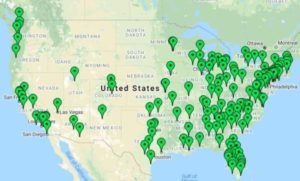

It's you're lucky day; you've finally found a website that talks about wild animal repellant. Finally, you're about to find out what you need to...
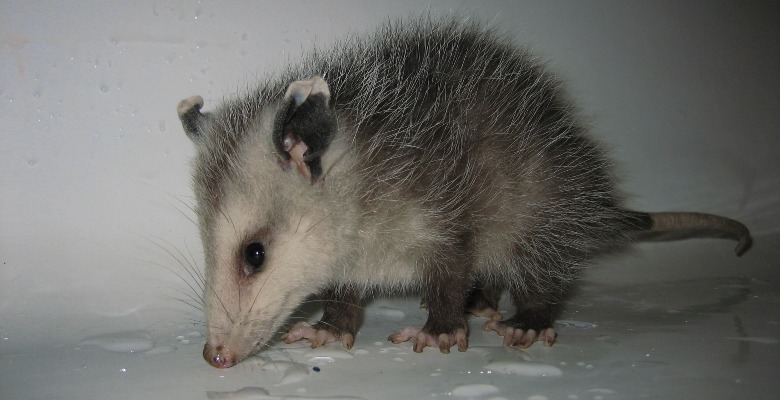
Wild animals can expose humans and pets to a number of diseases. Some of these issues, like rabies, are well-known, but others may not be so...
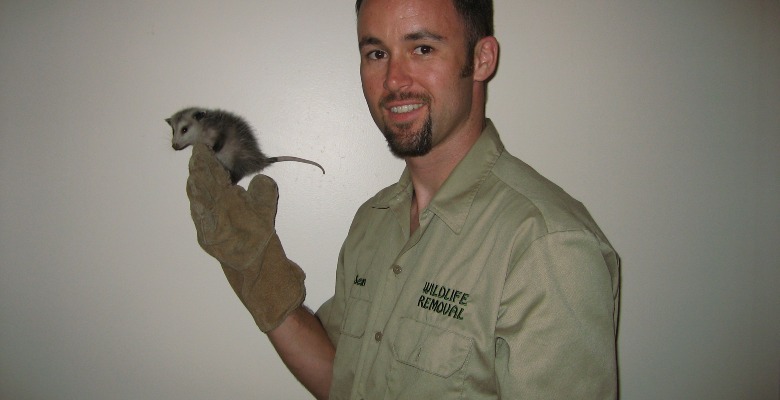
There are many myths out there regarding humans and baby wild animals; if you touch it the mother won't take it back, etc. The truth is less severe,...